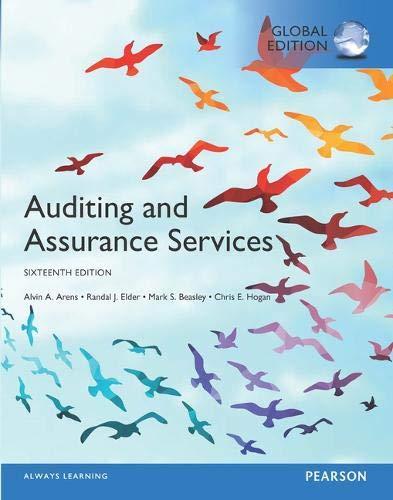11. When Lydia is released after a week in the hospital, her doctor orders her into a skilled nursing facility (SNF). For how long will Medicare Part A pay 100 percent of Lydia's skilled nursing facility care costs? o a. 20 days ob. 6 months Oc. 1 year od. It will pay no SNF costs. 12. What part of Medicare covers long-term care for whatever period the beneficiary might need? O a. Part A ob. Part B O c. Part C od. Medicare does not cover long-term care for whatever period the beneficiary might need. w 13. Medicaid was established primarily to benefit all of the following EXCEPT: o a. low-income people 65 and older ob. certain low-income families with children OC. disabled people on supplemental security income d. anyone not wishing to deplete his or her assets on long-term care 14. What is the minimum rate of federal reimbursement for state Medicaid expenditures? a. 40 percent ob. 50 percent oc.75 percent od. 80 percent 15. Each of the following individuals is now entering a nursing home for long-term care services. Who could incur a penalty for improper transfer of assets under the Medicaid spend-down rules? a. Miriam gifted $50,000 in cash to her daughter, who lives in another city, ten years ago. ob. Howard transferred his home eight years ago into an irrevocable and uncountable trust. oc. Frank sold his $150,000 home to his nephew for $100,000 twelve years ago 11. When Lydia is released after a week in the hospital, her doctor orders her into a skilled nursing facility (SNF). For how long will Medicare Part A pay 100 percent of Lydia's skilled nursing facility care costs? o a. 20 days ob. 6 months C. 1 year od. It will pay no SNF costs. 12. What part of Medicare covers long-term care for whatever period the beneficiary might need? oa. Part A o b. Part B c. Part od. Medicare does not cover long-term care for whatever period the beneficiary might need. 13. Medicaid was established primarily to benefit all of the following EXCEPT: o a. low-income people 65 and older ob. certain low-income families with children O c. disabled people on supplemental security income o d. anyone not wishing to deplete his or her assets on long-term care 14. What is the minimum rate of federal reimbursement for state Medicaid expenditures? o a. 40 percent ob. 50 percent c. 75 percent od. 80 percent








